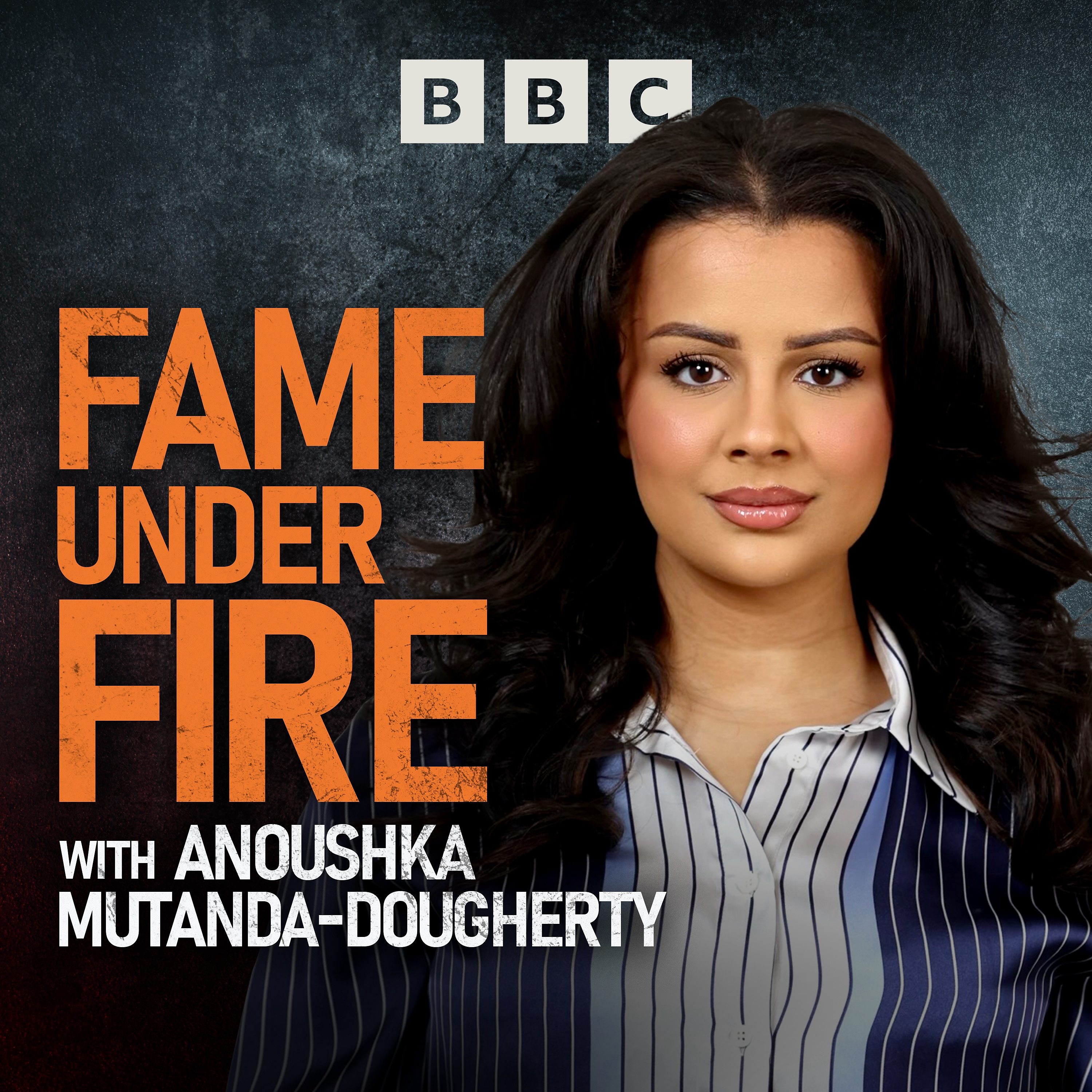
Sean ‘Diddy’ Combs’s trial begins in May. What’s happening right now as the prosecution and defence prepare?Criminal defence attorney Shaun Kent joins Anoushka Mutanda-Dougherty to talk about pseudonyms, choosing juries, and picking the right expert.They’ll consider what cases like that of Michael Jackson’s doctor or OJ Simpson tell us about how US trials work.Meanwhile - Texan lawyer Tony Buzbee says he’s representing Andrew Tate’s ex girlfriend.The Diddy on Trial podcast is here to investigate the rumours, confront the theories, and give you the answers that you need.We also want YOU to be part of the conversation. Have you any burning questions about the cases or the upcoming trial? Heard a theory that doesn’t sit right with you? Get in touch now via WhatsApp: 0330 123 555 1.Presenter: Anoushka Mutanda-Dougherty Series Producer: Laura Jones Sound Design: Craig Boardman Production Coordinator: Hattie Valentine Editor: Clare FordhamCommissioning Editor: Rhian Roberts Assistant Commissioner: Will Drysdale Commissioning Producer: Adam Eland Commissioning Assistant Producer: Rechmial MillerSean ‘Diddy’ Combs - who has also gone by the names Puffy, Puff Daddy, P Diddy, Love, and Brother Love - emerged into the hip-hop scene in the 1990s. He founded Bad Boy Records, which launched the careers of the Notorious B.I.G. and Mary J Blige.His current legal issues began when he was sued by his ex-girlfriend Casandra Ventura, also known as Cassie, in late 2023. She accused him of violently abusing and raping her. That lawsuit was settled for an undisclosed amount a day after it was filed, with Mr Combs maintaining his innocence.His controversial history with Ms Ventura resurfaced in 2024, when CCTV footage emerged showing Mr Combs kicking his former girlfriend as she lay on a hotel hallway floor in 2016.Multiple people have filed lawsuits accusing Mr Combs of sexual assault, with accusations dating back to 1991. He denies all claims.He is accused of the federal charges of kidnapping, drugging and coercing women into sexual activities, sometimes by using firearms or threatening them with violence. He denies the charges.
No persons identified in this episode.
No transcription available yet
Help us prioritize this episode for transcription by upvoting it.
Popular episodes get transcribed faster